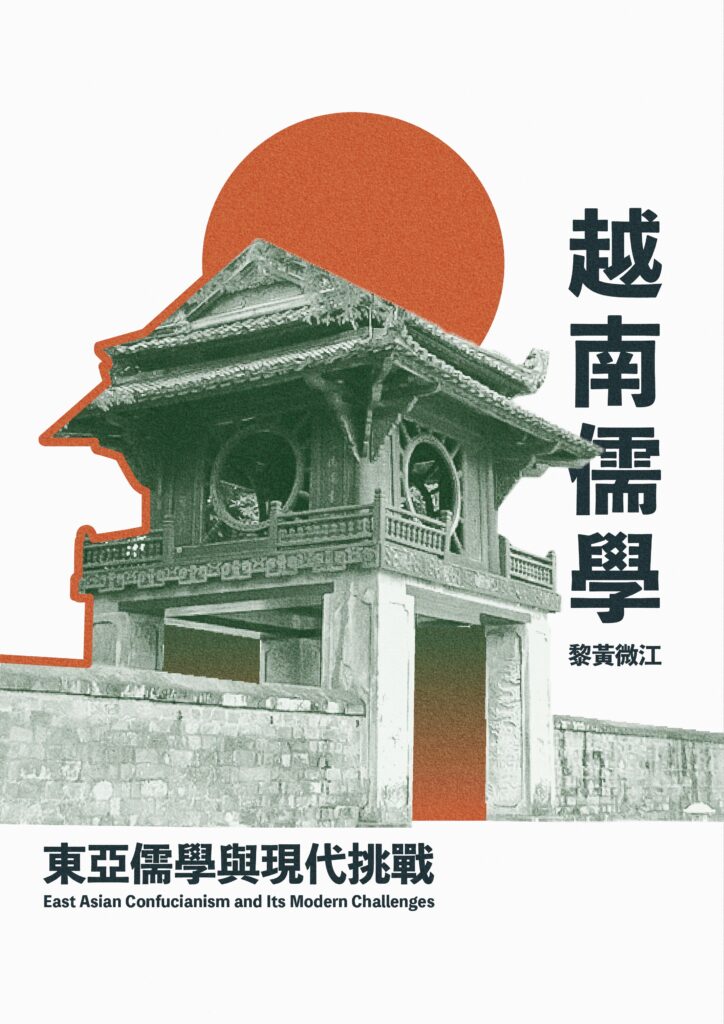The Gentle Catalyst
Le Hoang Vi Giang 24′
Department of East Asian Studies
At first glance, the characteristics of my department – East Asian Studies – already guarantee meaningful and deliberate discourse. However, it requires more than authority and proficiency to take knowledge, cold and unchanging, and be able to turn it into wisdom; even more to make such wisdom stay with the students. It was in one of my favourite classes, East Asian Confucianism and Its Modern Challenges, that I experienced a near flawless demonstration.
For context, upon entering the university program, I was incredulous to notice that my culture hardly ever came up in either the discourse on Northeast Asia, or Southeast Asia – thus, it would not be inaccurate to say I went through a mild identity crisis. In retrospect, I suppose I should have done a bit more reading on the subject from a Taiwanese perspective; though, with a new life just beginning, I was caught up with learning how to interact with this new and exciting environment. Which is why I was both apprehensive and incredibly hopeful for this class, it being the first to feature my home country, Vietnam, in the curriculum. On one hand, I was curious about foreign academic perspectives on Vietnamese culture, and on the other, I was all the more excited for the chance to share what I knew – hoping that the professor and my classmates, who mostly saw my culture from a removed perspective, would understand and appreciate my input on the subject.
Fortunately, I was not disappointed. My teammates were all helpful and supportive, welcoming my contribution to our group’s performance despite it not being done in very good Mandarin; the lessons’ contents were on principles, philosophical ideals and history yet were not restricting – all was interesting and accessible, and through discussions, the professor allowed us space to share our own thoughts as well. At half a year since I began university, I finally felt valued and found a sense of belonging. Beyond shared wisdom and budding relationships with like-minded peers, however, I had also gained an understanding of effective delivery. From watching and interacting with my professor and classmates, I was led to an unexpected – nevertheless cherished – revelation: in teaching, expertise matters, though only as much as the willingness to learn and exchange knowledge between all who is involved, be them teacher or student.

To young adults, uncertainty is inevitable. However, one of the few things I am sure about nowadays is that I am grateful to be where I am now. In such an environment where there’s opportunities galore – for both learning and nurturing one’s self – it should be of no surprise that I have been able to find inspiration and a community, and have them be present in the shape of comfort. As it goes in a musical number I love: “Who can say if I’ve been changed for the better, but because I knew you, I have been changed for good,”[1] such is my appreciation for the people and experiences here at NTNU and the Department of East Asian Studies so far – I could hardly wait to see what is to come.
[1] Idina Menzel and Kristin Chenoweth, “For Good”, Decca Broadway, on Wicked, 2003, CD, https://youtu.be/Y8YMfgu92hQ
Bibliography
1. Menzel, Indina and Chenoweth, Kristin. For Good. 2003. Decca Broadway, CD. https://youtu.be/Y8YMfgu92hQ